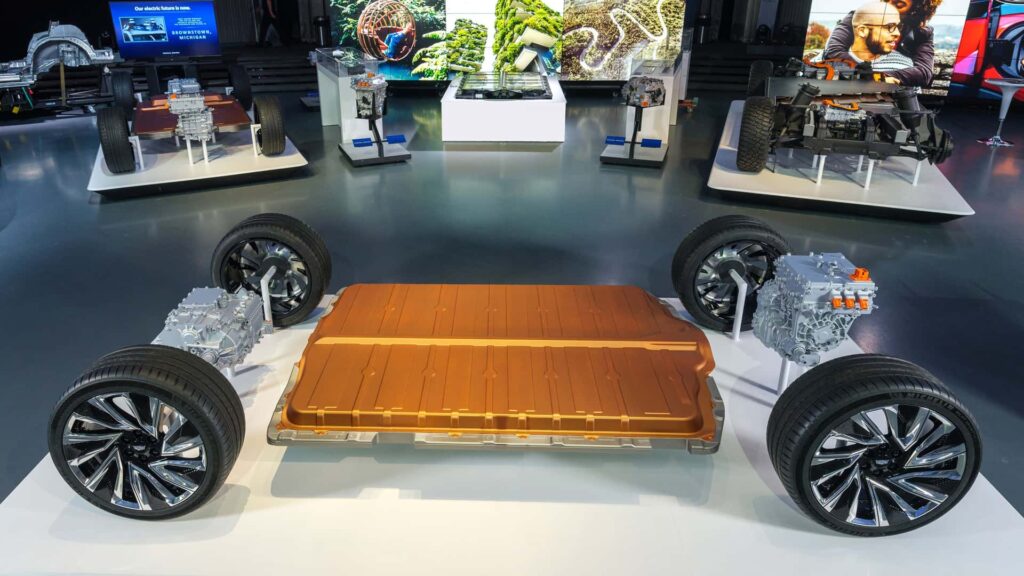General Motors is at the forefront of developing next-generation battery technologies to address the most critical issues surrounding electric vehicles, such as range, charging performance, and cost. The company’s battery research and development team is actively exploring solid-state batteries, sodium-ion batteries, and silicon anodes.
Kushal Narayanaswamy, the director of advanced battery cell engineering at GM, revealed that the R&D team is focusing on solid-state technologies, including all-solid-state, sulfide-based, oxide-based, and ceramic options. Additionally, they are also looking into sodium-ion batteries as a potential alternative.
The high cost of the battery is a significant factor in the overall price of an electric vehicle. On average, EVs cost about $9,644 more than traditional gas cars, primarily due to the expensive battery component. To combat this issue, GM is working on reducing costs and improving range, charging speeds, and safety compared to conventional lithium-ion cells.
GM has established the Wallace Battery Cell Innovation Center in Michigan to develop and test new chemistries and cells in-house. This facility allows the automaker to work on seven different anode and cathode chemistries, including nickel-based applications and the lithium manganese-rich (LMR) chemistry.
The company’s focus on sodium-ion batteries is driven by their potential as a low-cost alternative with significantly higher safety levels and resilience to cold temperatures. Sodium, being more abundant and cheaper than lithium, presents a viable option for future battery technologies.
Solid-state batteries, on the other hand, offer high energy density and performance benefits. By replacing the traditional liquid electrolyte with a solid one, solid-state batteries can enhance energy density, charging speeds, and safety while reducing the risk of fires.
GM is also exploring the integration of silicon anodes in EV batteries to improve range and charging performance. The company is currently testing large-format, automotive-grade silicon anode cells at the Wallace research center.
While GM has not confirmed the commercialization of solid-state cells, the technology is actively being explored in the company’s R&D labs. The automaker remains committed to advancing battery technologies, regardless of policy changes that may impact the industry.
Overall, GM’s efforts in battery research and development demonstrate a commitment to innovation and sustainability in the electric vehicle market. The company’s focus on next-generation battery technologies highlights its dedication to improving performance, reducing costs, and driving the future of electric mobility.

